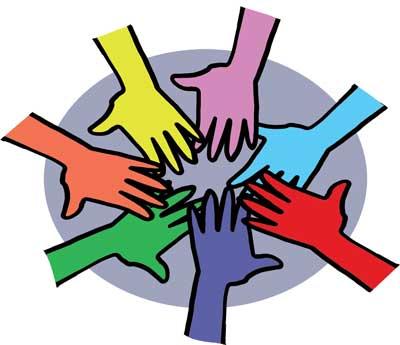06 Nov 2021 - {{hitsCtrl.values.hits}}
Sri Lanka is embroiled in crisis after crisis, crisis within crisis and conflict after conflict. The latest is the appointment of the Presidential Task Force to look into how we could have “One Country, One Law”. Justice Minister Ali Sabry himself says he did not know about this move and was surprised by it. Besides that farmers, teachers, principals and Ceylon Electricity Board workers and engineers are staging protest actions, if not a blackout strike, if the Government moves ahead with the decision to give the Kerawalapitiya Liquid Natural Gas power plant’s majority shares to the American company ‘New Fortress Energy’. Some Government leaders say this decision was taken without Cabinet approval and the new Finance Minister Basil Rajapaksa is responsible for it.
 Another issue is the financial crisis which Sri Lanka heavily in debt and with some analysts saying that Central Bank is printing hundreds of millions of rupees. This will further reduce the value of the rupee and cost of living is likely to soar with hundreds of thousands of families unable to find source for their basic needs of proper food, shelter, clothing, children’s education and healthcare.
Another issue is the financial crisis which Sri Lanka heavily in debt and with some analysts saying that Central Bank is printing hundreds of millions of rupees. This will further reduce the value of the rupee and cost of living is likely to soar with hundreds of thousands of families unable to find source for their basic needs of proper food, shelter, clothing, children’s education and healthcare.
It is amidst this potential catastrophe that we co-operate with the United Nations in marking on November 16 the International Day for Tolerance. In a statement, the UN says it is committed to strengthening tolerance by fostering mutual understanding among cultures and peoples. This imperative lies at the core of the UN Charter, and the Universal Declaration of Human Rights, and is more important than ever in this era of rising and violent extremism and widening conflicts that are characterized by a fundamental disregard for human life.
According to the UN, in 1996, the UN General Assembly in a resolution invited UN Member States to observe the International Day for Tolerance on November 16. This action followed up on the UN Year for Tolerance 1995, proclaimed by the UN General Assembly in 1993 at the initiative of the United Nations Education Scientific and Cultural Organization (UNESCO), as outlined in the Declaration of Principles on Tolerance and Follow-up Plan of Action for the Year.
In 1995, to mark the UN Year for Tolerance and the 125th anniversary of the birth of Mahatma Gandhi, UNESCO created a prize for the promotion of tolerance and non-violence. The UNESCO-Madanjeet Singh Prize for the Promotion of Tolerance and Non-Violence rewards significant activities in the scientific, artistic and cultural or communication fields aimed at the promotion of a spirit of tolerance and non-violence. The prize is awarded every two years on the International Day for Tolerance. The Prize may be awarded to institutions, organizations or people, who have contributed in a particularly meritorious and effective manner to tolerance and non-violence.
Centre Resolution Conflicts (CRC) from the Democratic Republic in Congo is recognized for its work for the defence of human rights, its tireless commitment to the rescue of child soldiers from militia groups, and their rehabilitation and reintegration into their home communities.
For its 50th anniversary on November 16, 1995, UNESCO’s Member States adopted a Declaration of Principles on Tolerance. Among other things, the Declaration affirms that tolerance is respect and appreciation of the rich variety of our world’s cultures, our forms of expression and ways of being human. Tolerance recognizes the universal human rights and fundamental freedoms of others. People are naturally diverse; only tolerance can ensure the survival of mixed communities in every region of the globe.
The Declaration qualifies tolerance not only as a moral duty, but also as a political and legal requirement for individuals, groups and States. It emphasizes that States should draft new legislation when necessary to ensure equality of treatment and of opportunity for all groups and individuals in society.
Education for tolerance should aim at countering influences that lead to fear and exclusion of others and should help young people develop capacities for independent judgement, critical thinking and ethical reasoning. The diversity of our world’s many religions, languages, cultures and ethnicities is not a pretext for conflict, but is a treasure that enriches us all.
In 1994, UNESCO marked the 125th anniversary of Mahatma Gandhi’s birth paving the way for the proclamation of November 16 as the International Day for Tolerance by the UN. This illustrative book pays tribute to the values of the Mahatma of peace, non-violence and equality.
28 Nov 2024 47 minute ago
28 Nov 2024 55 minute ago
28 Nov 2024 2 hours ago
28 Nov 2024 3 hours ago
28 Nov 2024 4 hours ago